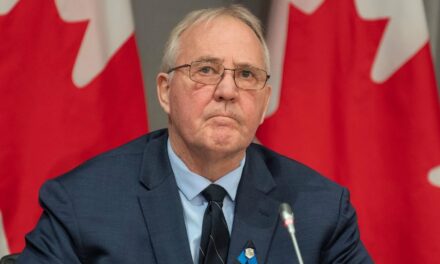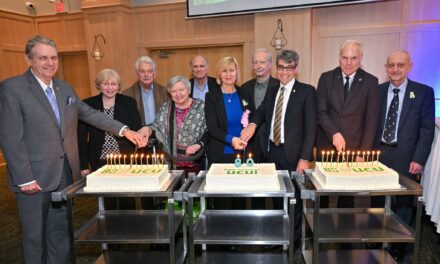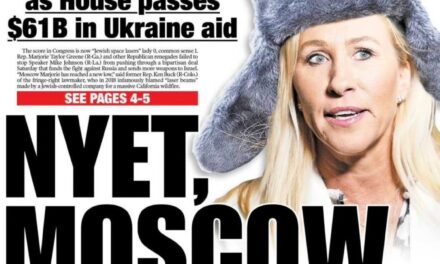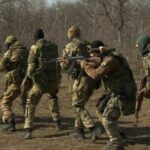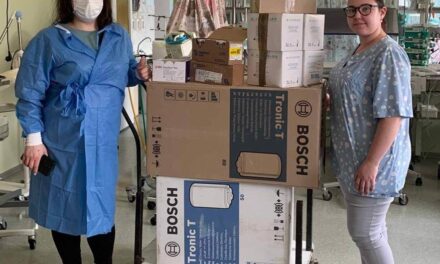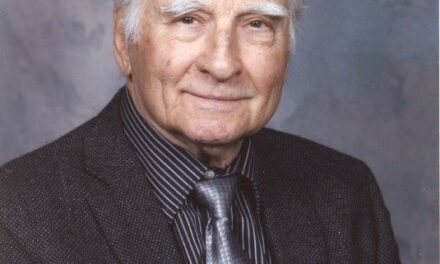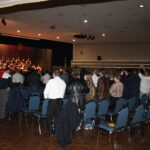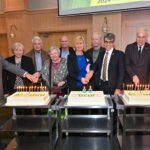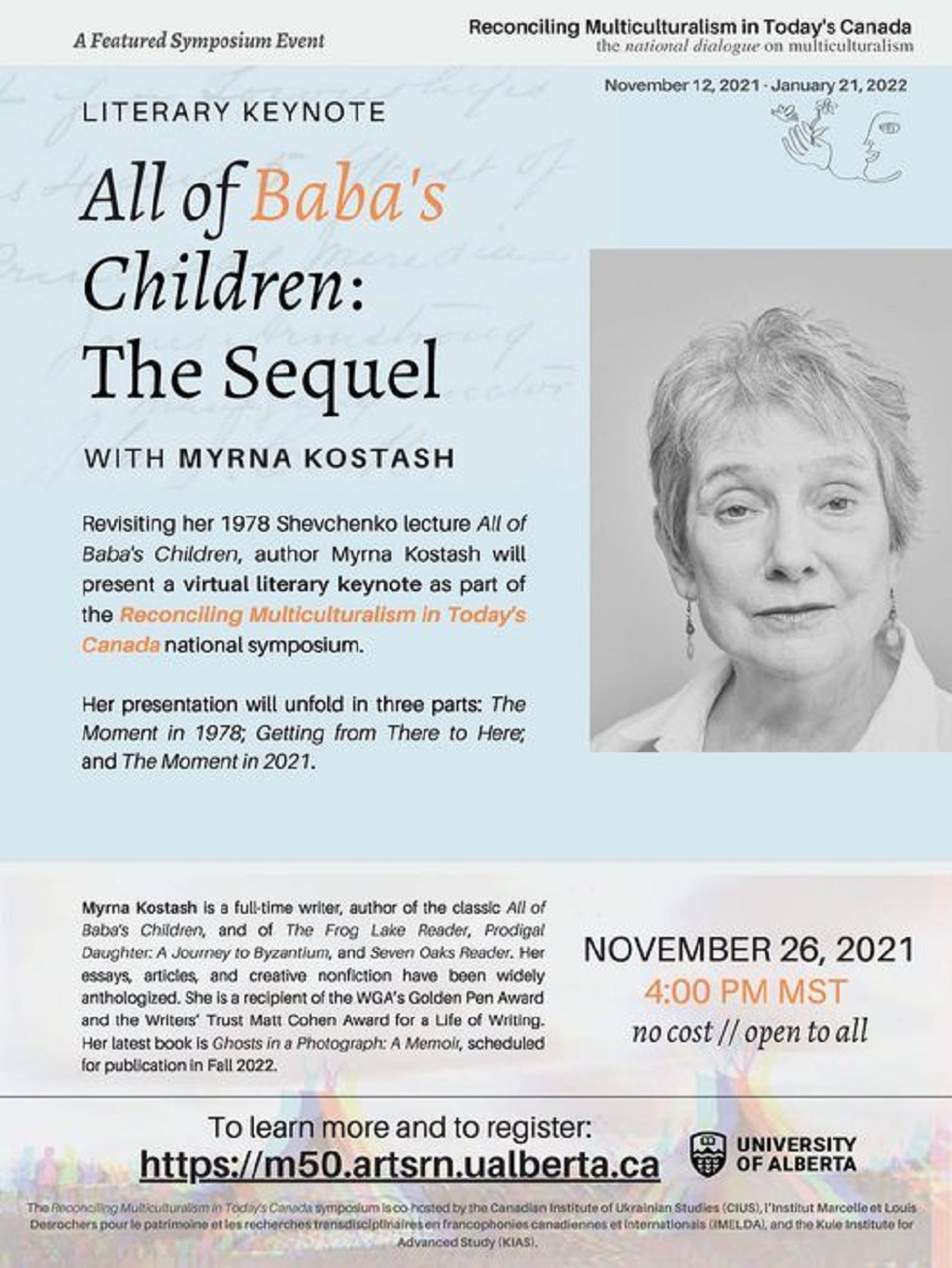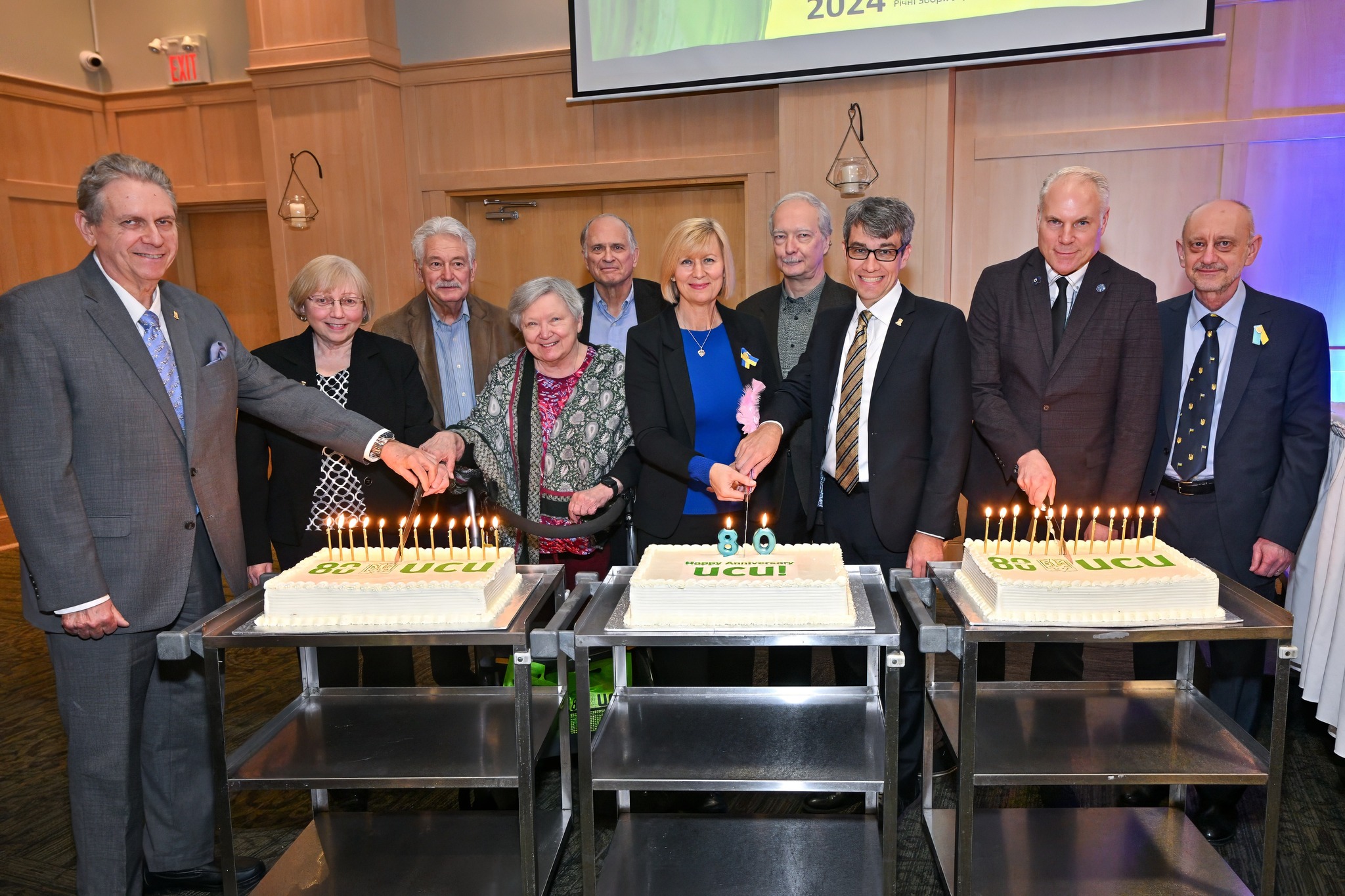NP-UN Western Bureau.
Ukrainian Canadians need to rethink their vision of multiculturalism to include the contributions of First Nations to the Canadian Mosaic, says writer Myrna Kostash.
Speaking at a symposium sponsored by the Canadian Institute of Ukrainian Studies at the University of Alberta and entitled “Reconciling Multiculturalism in Today’s Canada”, November 26, she referred to a 1978 Shevchenko lecture she delivered in conjunction with the publication of her book All of Baba’s Children.
“With the new generation of community activists in mind, I have reread my 1978 Shevchenko Lecture to conjure the ‘critique’ it might now receive,” said Kostash.
“In 1978 I made a claim on behalf of my generation that now needs updating: I wrote that we ethnics celebrate ‘critical otherness’ that evolved out of our ‘exclusion’ from the Anglo-Celtic elites who run the country. Today, it is the ‘othered’ status of Indigenous and Canadians of colour that commands our attention, and their struggles for equity that petition our solidarity with them. In 1978 I wrote that, to construct my identity as an ethnic, I drew on ‘my awareness of western Canadian history,’ of ‘the settlement of the prairies and the whole drama of the colonization of the west’ – by which I meant the ‘whole drama’” of us, the intrepid Ukrainian Canadian settlers par excellence. Today I am challenged to examine that identity as part of a relationship with First Nations, thanks to Treaty Six,” she added.
Kostash noted that at a round table hosted by the Indigenous Ukrainian Relationship Initiative on the theme of Land, its past, present and future on the territory of Treaty Six, November 17 “five young presenters, three of Ukrainian heritage and two Indigenous engaged each other in a form of collaborative multiculturalism to explore what we can take from our shared and different past.”
“I want to highlight what I heard from this conversation in five-part harmony. They spoke from and across practices and traditions – spiritual, scholarly, artistic, communal – reinforcing each other even when they spoke in different ‘tongues.’ Who are we in relation with each other? With relationship, kinship, comes responsibility, yes, but ‘within reciprocity.’ We need to tell our stories to and about each other, but differently. We need to’“reverse engineer’ the bad faith between settlers and Indigenous people and come together over the shared injury of intentional language and cultural loss. ‘Our ancestors were multilingual.’ Why aren’t we at each other’s pow wows and Pysanky festivals? We are all Treaty people. Let’s make Land Acknowledgements in the present and future tenses.”
Referring to All of Baba’s Children, Kostash noted that it was a critique from her generation’s point of view of then-current Ukrainian Canadian historiography.
“In my view it was written by the ‘establishment’: schoolteachers and lawyers, church organizers, women’s association activists, Boards of pioneer associations – you get the picture. My book brought forth suppressed or undervalued voices, whether failed settlers, families reared in poverty, members of the local hall of the Ukrainian Labour Farm Temple Association, or workers in menial employment; but also, those other voices suppressed for one reason or another – communists, anti-Semites, semi-literate bigots and the embittered.”
As for her generation “We were mainly third-generation ‘ethnics,’ grandchildren of first wave settlers from Galicia and Bukovyna and specific to the history of the prairie provinces. I boldly characterized us as a generation that resented the dominance of Anglo-Celtic elites, deplored the romanticization of homesteader hardship and powerlessness, and regretted the reactionary politics of so much of our community. Because of Ukrainian Canadians’ middling at best rank on the Vertical Mosaic, we celebrated the critical role we could play precisely as ‘outsiders’.
“I need to pause here and acknowledge that I was speaking for a portion of my generation, those of us Baby Boomers who had been deeply influenced by events in the 1960s and 1970s at home and internationally, by student radicalism at the university, the Women’s Liberation movement in the streets, anti-racism and anti-colonial struggles not to mention the campaigns on behalf of Soviet Ukrainian political prisoners.”
As time went on Kostash began to realize that “multiculturalism’s ideal of unity among differences has had to yield to specifics of race and colour. I had discovered that in the new terms of the discourse, I was white; I was a member of a privileged majority. It was a shock. The fantasy of my critical ‘otherness’ as a hyphenated Canadian had dissolved in the dye works of whiteness.”
A turning point came when she visited the historic site of Fort Battleford and stumbled upon a mass grave of the eight Indigenous warriors hanged for their roles in the 1885 Rebellion.
“There were all those names, in Cree and English, to read but what struck me forcibly was these men had been hanged a mere fifteen years before my paternal grandparents arrived to homestead near Vegreville in 1900, not so far from Frog Lake.
“It was when I put those two dates into juxtaposition – 1885 and 1900 – the mass hanging, the sod-busting – I realized that our settler mythologies had never acknowledged that there was a history prior to our own on the land. The ceding of territory through Treaty with Cree chiefs was never mentioned; therefore, we were somehow entitled to ownership of our 160 acres of vil’ni zemli, free land.”
In 2012 Kostash co-hosted a gift-giving event meant to bring back Indigenous and Ukrainian Edmontonians into a relationship “or at least to remind our peoples that there once had been a relationship, thanks to the Cree signatories of Treaty Six in 1876.”
“But the disproportionate number of Ukrainians at the event – of the 85+ attendees possibly 15 were Indigenous – led me to conclude that the Ceremony was something we Ukrainians had to do, more than that Indigenous Edmontonians needed to do it with us.”
This, in turn led to the current symposiums run by Larisa Hayduk, Director, Ukrainian Resource and Development Centre MacEwan University, and Maryna Chernyavska, Archivist Kule Folklore Centre at the University of Alberta, for Ukrainian Canadians and Indigenous people to meet and brainstorm.
Share on Social Media







